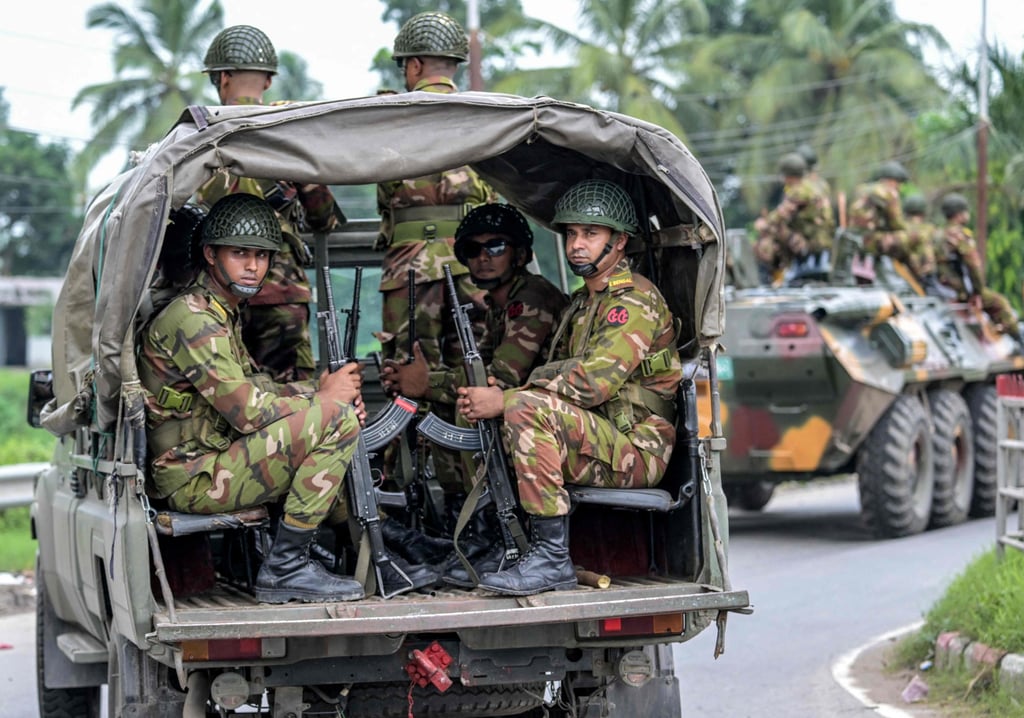A violent clash in Bangladesh on Wednesday between a student-led political movement and supporters of ousted prime minister Sheikh Hasina has exposed deep political fault lines, with analysts warning of further unrest.
At least four people were killed and dozens injured when members of the National Citizen Party (NCP) – formed by student activists – marched on Gopalganj district, a traditional stronghold of Hasina’s Awami League and the site of a mausoleum dedicated to her father, independence leader Sheikh Mujibur Rahman.
Analysts say the incident signals the emergence of a new political bloc – comprising the NCP and the right-wing Jamaat-e-Islami – that may be positioning itself against both the Awami League and its long-time rival, the Bangladesh Nationalist Party (BNP).
The clash also reflects growing unease within the two mainstream parties over the rise of the student-led NCP, which is widely seen as enjoying support from the interim government and may seek to sideline them ahead of elections expected next year.

Nobel Peace Prize laureate Mohammed Yunus took over the country three days after Hasina was forced to flee to India following a student-led uprising last August. He has promised to hold new elections, which are expected to be held between April and June next year.


